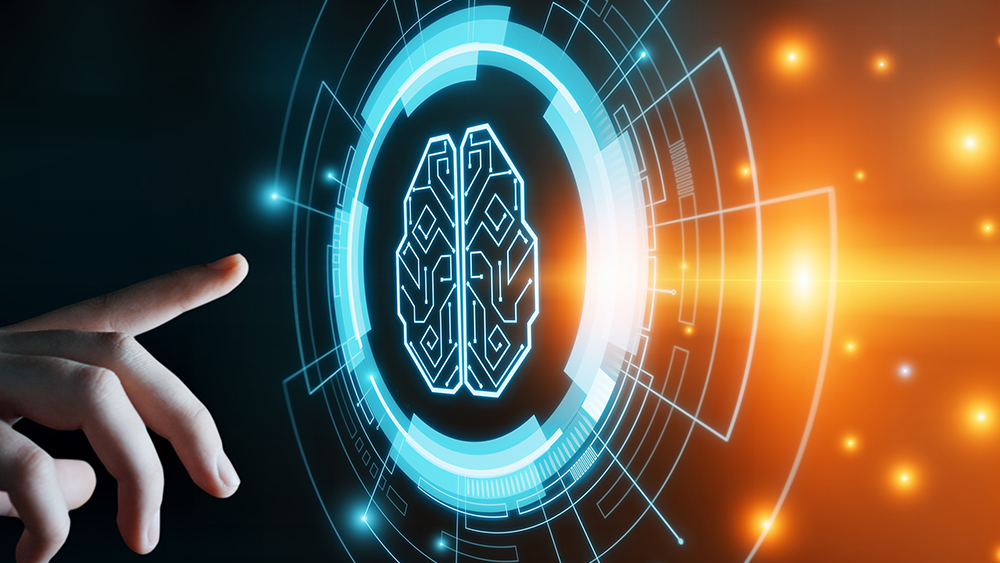The Japanese National Police Agency (JNPA) has confirmed the move, adding that it plans to conduct tests on these AI-integrated cameras within the present fiscal year set to conclude on March 2024. According to Reclaim The Net, the AI cameras will concentrate on three aspects for its machine-learning pattern recognition – "behavior detection" for suspicious activities, "object detection" for guns and other weapons and "intrusion detection" for the protection of restricted areas.
For the trial, however, the cameras won't use facial recognition and will instead focus on behavior detection. The move lines up with a European Union decision restricting the use of facial recognition technologies over possible possible privacy concerns. Aside from behaviors, suspicious objects will also be the focus of the AI cameras' trial rollout.
Counter-terrorism expert Isao Itabashi defended the effectiveness of such a technology, telling Nikkei Asia that the Land of the Rising Sun is far from the first country to use this type of AI pre-crime tech.
"AI cameras are already being used widely in Europe, the U.S. and Asia, and behavior detection technology is being studied by Japanese companies," said Itabashi, who is with the Tokyo-based Council for Public Policy.
The outlet itself backed up Itabashi's remarks, noting that the use of AI in law enforcement is now becoming prevalent worldwide. Nikkei Asia cited a 2019 study by the Carnegie Endowment for International Peace showing that 52 out of the 176 countries surveyed were integrating AI tools into their policing strategies.
While the use of AI surveillance technology can be beneficial in improving security measures, it also raises crucial questions about privacy. On one hand, a number of counterterrorism experts assert that the latest AI-powered cameras will "help to deploy police officers more efficiently" and provide "more means for vigilance. On the other hand, some are concerned about presenting secret algorithmic biases into police work.
JNPA's foray into AI seeks to prevent another assassination
According to the Daily Mail, the JNPA's move came amid the first anniversary of the appalling assassination of former Japanese Prime Minister Shinzo Abe. It also highlights Tokyo's concerns of the growing threat presented by so-called "lone offenders." The JNPA has struggled to prevent such attacks, with the most recent one unsuccessfully targeting incumbent Prime Minister Fumio Kishida last April.
Japanese law enforcement has used the term "lone offenders" to describe a rising area of Japanese society, lonely and disaffected young people, often called "otaku" for "nerd" or "shut-in," who have in some cases proven violent despite no known criminal history.
Even though Japanese police officials did not clarify details, previous attempts at AI-enhanced security cameras in the country have concentrated on restlessness, rapid eye movement and other behaviors tagged as products of a guilty mind. Now, officials are hoping the software can get these identifications out of huge crowds and other distracting situations that make identification of risks hard even for highly trained people in law enforcement.
France has recently approved legislation allowing the installation of AI security systems to protect Paris ahead of the 2024 Summer Olympic Games and Paralympics slated in the capital city. (Related: France may use 2024 Olympics to introduce Big Brother-style SURVEILLANCE.)
Japan's national police force has been years behind the private sector in the use of AI-equipped security cameras. At the G7 summit in Hiroshima last May, Japanese railway firm JR West applied a system that would inform security teams of activity the AI considered suspicious, after train closures and evacuations the previous month over a "suspicious object" that has yet to be publicly determined.
Follow PreCrime.news for more stories about pre-crime surveillance cameras for detecting suspicious behavior.
Watch Paul Dragu of the John Birch Society expounding on AI-empowered surveillance systems in America below.
This video is from the The New American channel on Brighteon.com.
More related stories:
REAL or STAGED? Sweden’s drone surveillance EXPANDED due to violent gang wars.
Study: AI can predict people’s POLITICAL VIEWS by simply looking at their faces.
Dallas school district installs AI spying, surveillance systems to keep an eye on students.
Sources include:
Please contact us for more information.






















